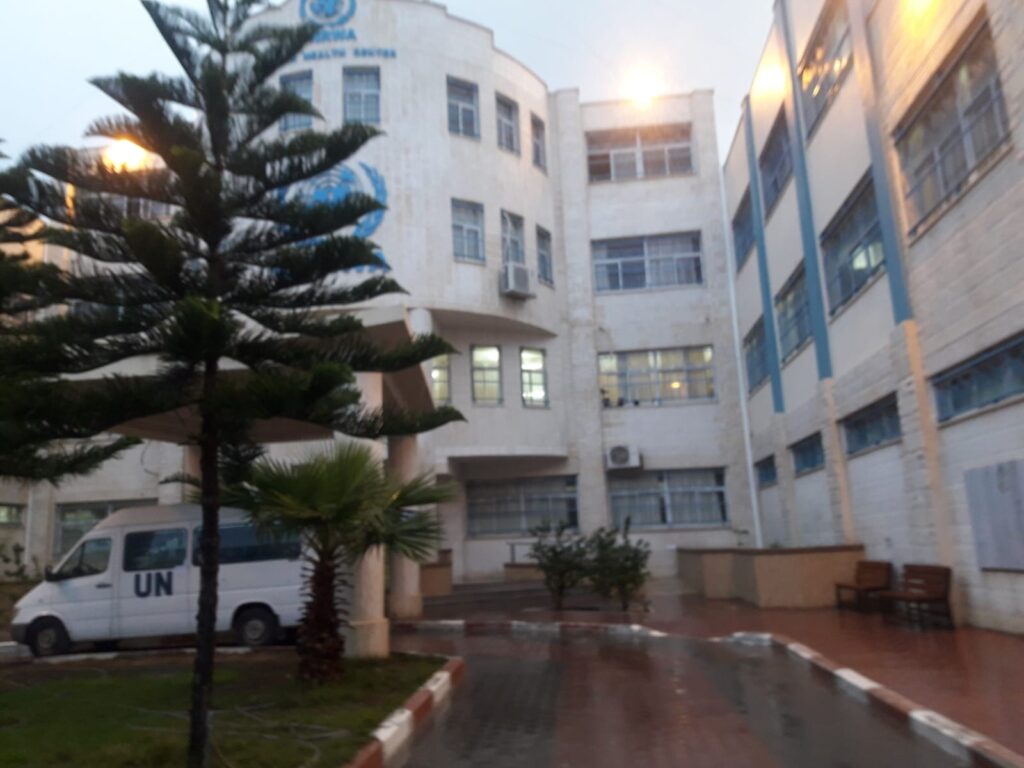Shaping the future: Our strategy for research and innovation in humanitarian response.

Shaping the future: Our strategy for research and innovation in humanitarian response.


Written by Zeina Jamal, PhD Candidate and Research Assistant at Queen Margaret University, UK
Researchers from Queen Margaret University (QMU), in collaboration with the United Nations for Relief and Works Agency of Palestine Refugees in the Near East (UNRWA), recently conducted an R2HC-funded study in Gaza and Lebanon. The study looked into the preparedness and response of UNRWA to the Covid-19 pandemic and captures feedback from UNRWA staff along with the communities that UNRWA serves.
Almost all Palestinian refugees in Lebanon are living in severe hardship due to the multilayered crisis that the country is currently going through. Presently in Lebanon, the economy is suffering a total collapse as the local currency has plummeted by almost 80%. The lockdown measures implemented since 2020, in tandem with the disastrous explosion that took place in Beirut on August 4, 2020, have greatly worsened the livelihoods of the most vulnerable segments of Lebanese society. It is worth mentioning that the results of the latest vulnerability assessment that took place in 2015 showed that 65% of Palestinians residing in Lebanon lived below the poverty line and 56% of the community were unemployed. Having said that, researchers expected that the situation has only worsened for Palestinians in Lebanon since the 2015 survey. Therefore, it was not surprising to hear that Palestinians in Lebanon are finding it hard to cope with the economic effects of the pandemic.
This is not to say that the circumstances in Gaza are any less difficult. Palestinians in Gaza have been living in a context of occupation, enforced blockade that deprives its inhabitants from basic commodities, such as fuel, food and medicine. The COVID-19 pandemic has therefore added another layer of stress and exerted a negative impact on everyone living in the Strip. Women, girls and workers in the informal sector were the most affected. Increased levels of violence, due to home confinement, and worries, for not being able to meet basic needs, was reported among these segments of the population more than others.
Our research study helped gain a better understanding of what the Palestinian community is facing during the COVID-19 pandemic. As a team, we hope that our insights can help both UNRWA and other agencies alike provide more support to their beneficiaries.

 Please upgrade your browser
Please upgrade your browser
You are seeing this because you are using a browser that is not supported. The Elrha website is built using modern technology and standards. We recommend upgrading your browser with one of the following to properly view our website:
Windows MacPlease note that this is not an exhaustive list of browsers. We also do not intend to recommend a particular manufacturer's browser over another's; only to suggest upgrading to a browser version that is compliant with current standards to give you the best and most secure browsing experience.